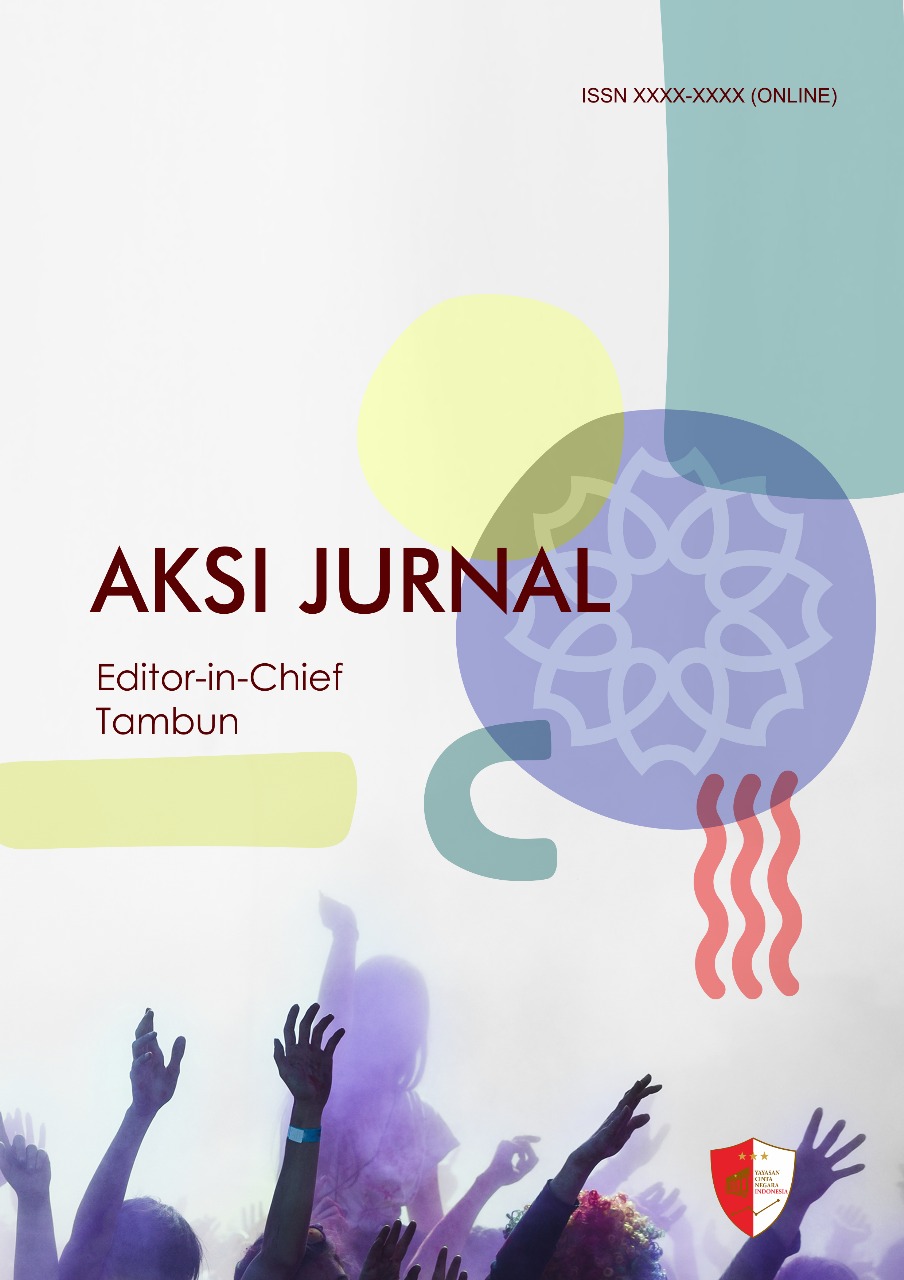Application of Information Technology Research Results in Digital Literacy Training for Rural Communities
Keywords:
Accessibility, Community Engagement, Community-Based Education, Densely Populated Areas, Stigma ReductionAbstract
Community-based mental health education has emerged as a critical approach to addressing the growing mental health needs in densely populated residential areas. High population density often correlates with increased stress, social tensions, and limited access to formal mental health services, making community engagement essential for promoting psychological well-being. This study explores the implementation and impact of mental health education programs that leverage community resources, peer support, and culturally sensitive educational materials. Using a mixed-methods design, data were collected through surveys, focus group discussions, and interviews with residents and program facilitators across several densely populated urban neighborhoods. The findings indicate that community-based education significantly improves mental health literacy, reduces stigma, and fosters supportive environments that encourage help-seeking behaviors. Additionally, involving local leaders and stakeholders enhances program acceptance and sustainability. The study concludes that tailored community-driven mental health education serves as an effective intervention to bridge the gap in mental health care accessibility and promotes holistic well-being in densely populated settings





